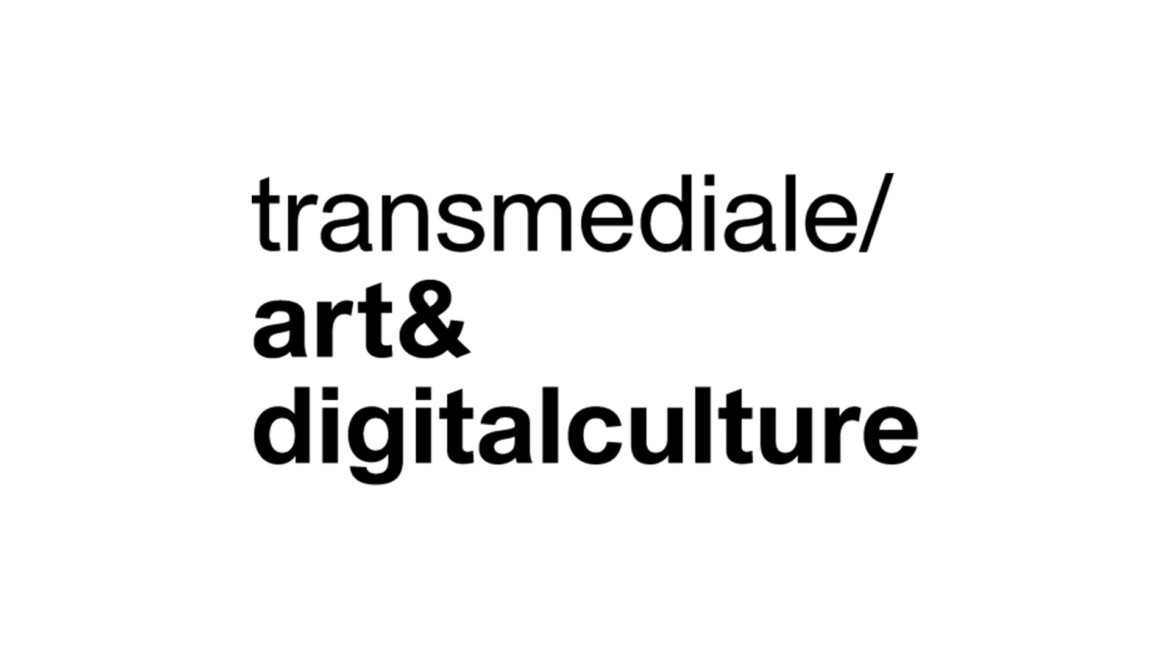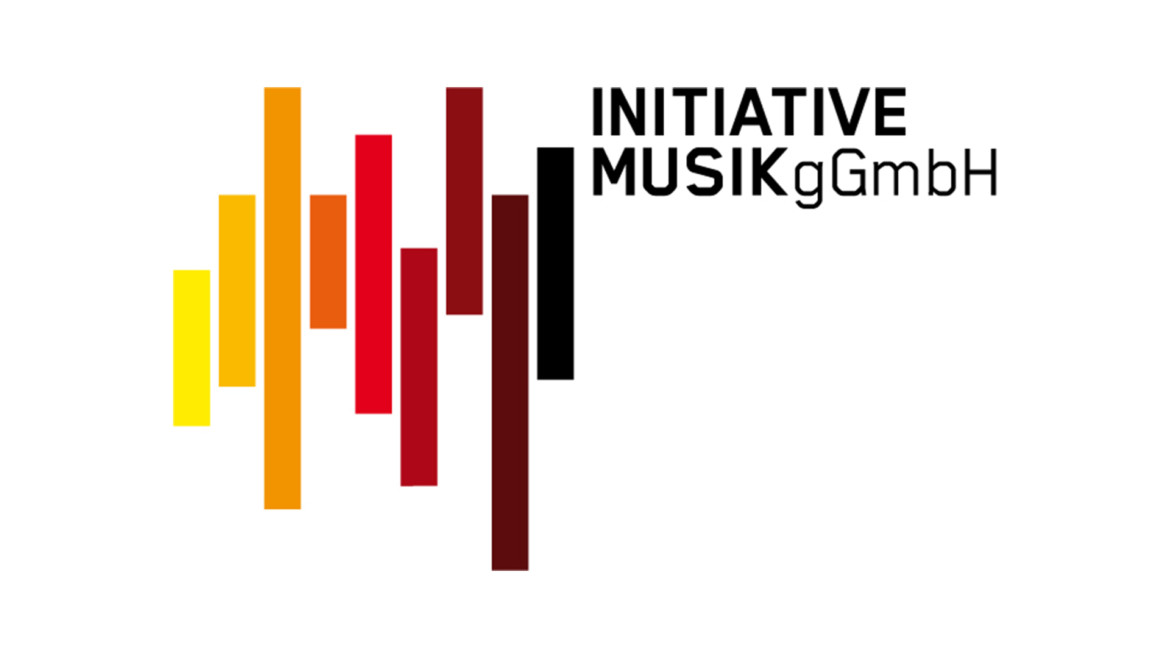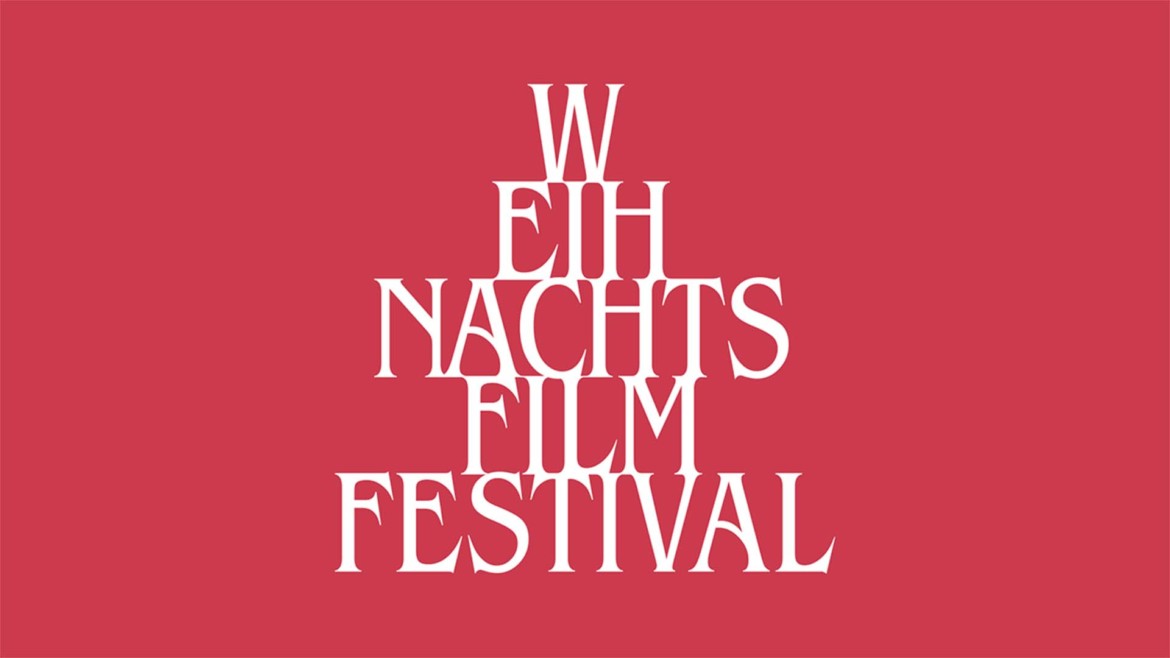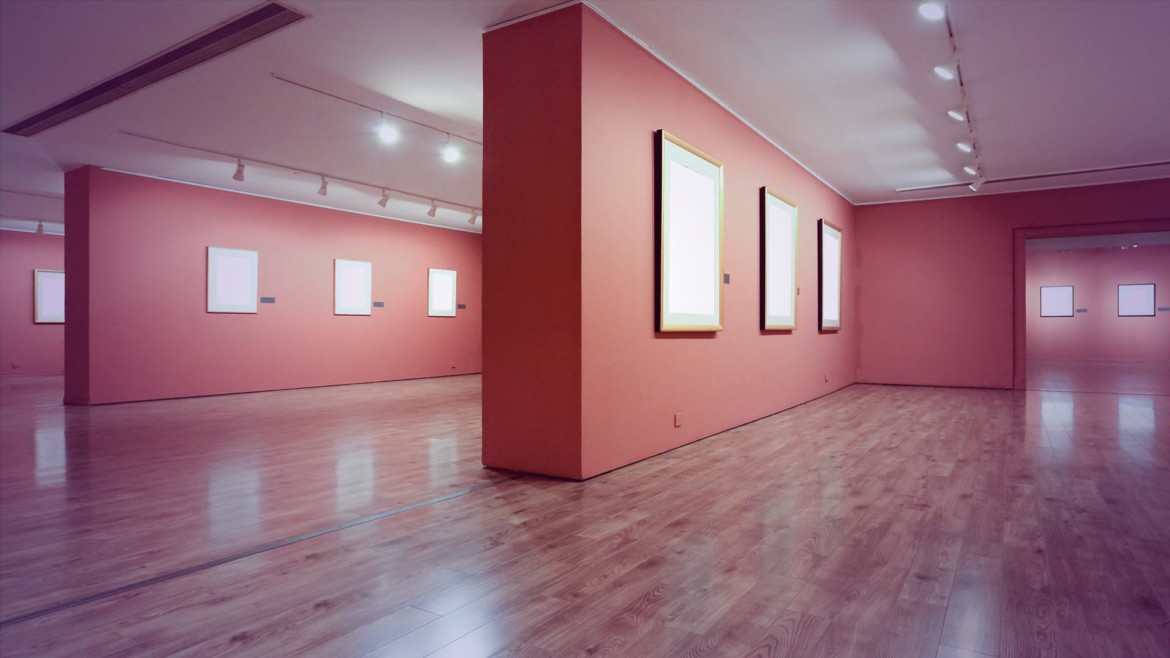
While the january-grey Berlin still seems to be recovering from the stress of New Year’s Eve, a critical discourse at the interface between art, science and technology takes place every year for five days at the Haus der Kulturen der Welt:
The transmediale. Started in 1988 as a companion event to the Berlinale with a focus on video art, the festival has evolved through dynamic development processes to become a melting pot of digital culture with an international reputation. Today, it is considered the flagship of a creative Berlin that not only provides a home for the media and creative industries, but also for scientific excellence.
Digital Art For a whole Year
In 2021, however, everything is a little different. Corona sends its regards… While there was a five day festival in January plannedi, the festival can now be enjoyed a whole year. In place of the festive in-person reception at the HKW, there is now the Almanac available, where browser-based artworks, films, lectures, texts and many more will be published and available on-demand throughout the year. Instead of being able to visit the exhibition Rendering Refusal in analog form, as of February 15th (for the time being) this will only be possible digitally via a proxy visit, i.e. via video call with a guide who will individually lead through the exhibition. But what pandemic-intuitively reads as a restriction and compromise is more than that. In fact, with its new concept, transmediale has not only read the crisis, but also the zeitgeist with presence of mind and reacted to it with digital solutions, as artistic director Nora O Murchù explains in her welcoming address: “In recent years, we have questioned the speed at which we produce and consume cultural products and to what extent this is influenced by digital technologies. Extending the festival to a year is an experiment with more sustainable cultural practices, designed to give space to slow learning and understanding.”
the variety of political practices of refusal

The MoVo for refusal does not emphasize refusal in the sense of doing nothing, but names a proactive act of criticism and protest. For if power, according to Bruno Latour, means that it is precisely the others who perform an action, refusal unfolds its potential to demand change with regard to existing power relations. “The fundamental ambition of the festival,” says O Murchù in her greeting, “is to enable a broad understanding of the diversity of political practices of refusal; from the small gestures like installing an AdBlocker or an Encryption tool, to the collective protests and movements that demand socio-political change.” Refusal has long been practiced in both right-wing and left-wing movements, such as the Corona deniers* or the demonstrations in Hong Kong against an authoritarian regime. The Almanac already features the Marshall McLuhan Lecture, given this year by media theorist and software designer Jason Edward Lewis on Looking Beyond Impoverished Intelligences, dedicated to white-supremacy structures in digital spheres and artificial intelligence algorithms. “white supremacy: ‘It’s not just for People anymore,'” it says. In Lewis’ work, the refusal of these structures gives rise to alternative offerings that mobilize the knowledge and intelligence of marginalized populations and languages.
The examples show how urgent a discursive framing of refusal is. And so transmediale 2021/22 presents itself promisingly at the pulse of time – or perhaps even ahead of it. With innovative ideas that leave room for development, the courage to simply do things differently, and drawing from the technically full, a new festival concept is emerging that wants to be more than just a crisis mode.






Leave a Reply